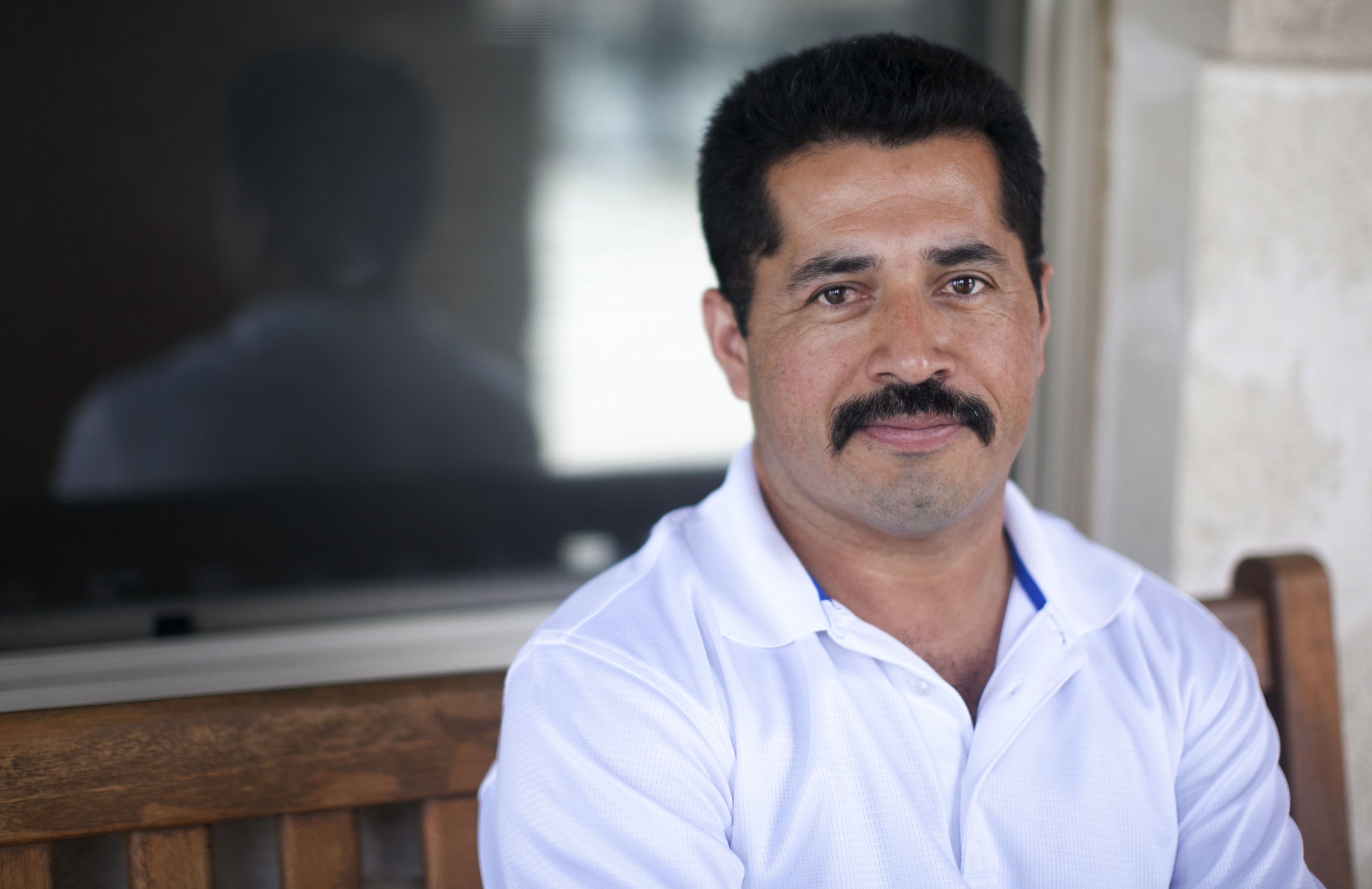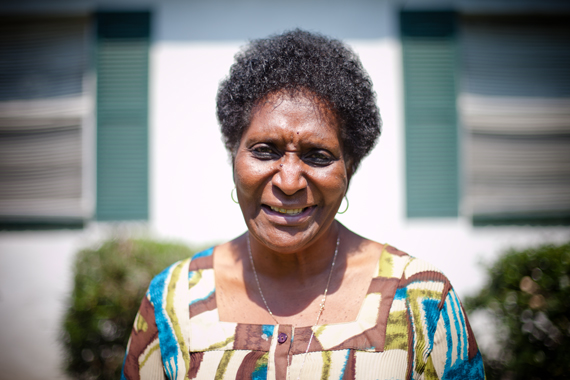We’re already big fans of the New York Times‘ Nate SIlver, whose Five Thirty Eight blog has gained a following for its statistical election predictions.
So when Silver tweeted a post, offering his numbers-heavy analysis measuring predictable effects of photo voter ID laws on voter turnout, we were intrigued.
His post is making the rounds around the Twitterverse, with some regular followers in the News21 newsroom tweeting, retweeting and commenting on the post.
It points out that much of the rhetoric on both sides is moot when statistics and raw data are taken into account. That’s one of several numbers-heavy pieces we’ve been looking at this morning.
What We’ve Been Reading
“Measuring the Effects of Voter Identification Laws,” (Nate Silver, 07/15, The New York Times)
“Will Voter ID Laws Cost Obama Reelection?” (Nate Cohn, 07/16, The New Republic)
“Voter ID is a hot topic, but will Alabama’s ID law stop election fraud?” (Tim Lockette, 07/15, Anniston Star)
“Rick Scott: Other states can purge voter rolls,” (Kevin Robillard, 07/16, Politico)
“HUSKEY: Showing ID is common, effective,” (Stan Huksey, 07/15, The Times Herald)
“Ballot fraud retrial gets into details,” (Kenneth C. Crowe II, 07/11, Rochester Times-Union)
“Photo IDs may be inconvenient, but they help prevent voter fraud,” (Robert Bennett, 07/16, The Deseret News)
“Florida Decides Poll: Gov. Rock Scott’s low approval ratings,” (Mason-Dixon Polling and Research, 07/15, Florida13 News)
Twitter Trends
After the Pennsylvania Department of Motor Vehicles released data suggesting more than 700,000 registered voters could lack required photo voter ID under the state’s new law, we’ve been waiting for the conservative pushback. That commentary came today.
One of the most buzzed about items today came from the Daily Caller, which has repackaged a story from the Rochester (N.Y.) Times-Union about a local election fraud trial in which a Democratic city council candidate testified that voter fraud was a “reality of both parties” in the state.
The fraud in question is ballot fraud – not voter impersonation – which photo voter ID laws would not solve. But that doesn’t mean it hasn’t provided ammunition for supporters of photo voter ID legislation.
It’s definitely buzz-worthy, and it meets the criteria for popular tweets — it features a member of the Democratic party admitting that fraud happens, regularly, giving supporters something talk about.
It’s also the kind of detail-orientated story that could prompt real conversation about election administration, but that’s not how Twitter is generally used.
Follow our reporters @DoubleOChen and @JoeHenke as they report from the National Association of Secretaries of State Convention this week in Puerto Rico, and as always, follow us @WhoCanVote for the latest updates on voting rights news and trends.






